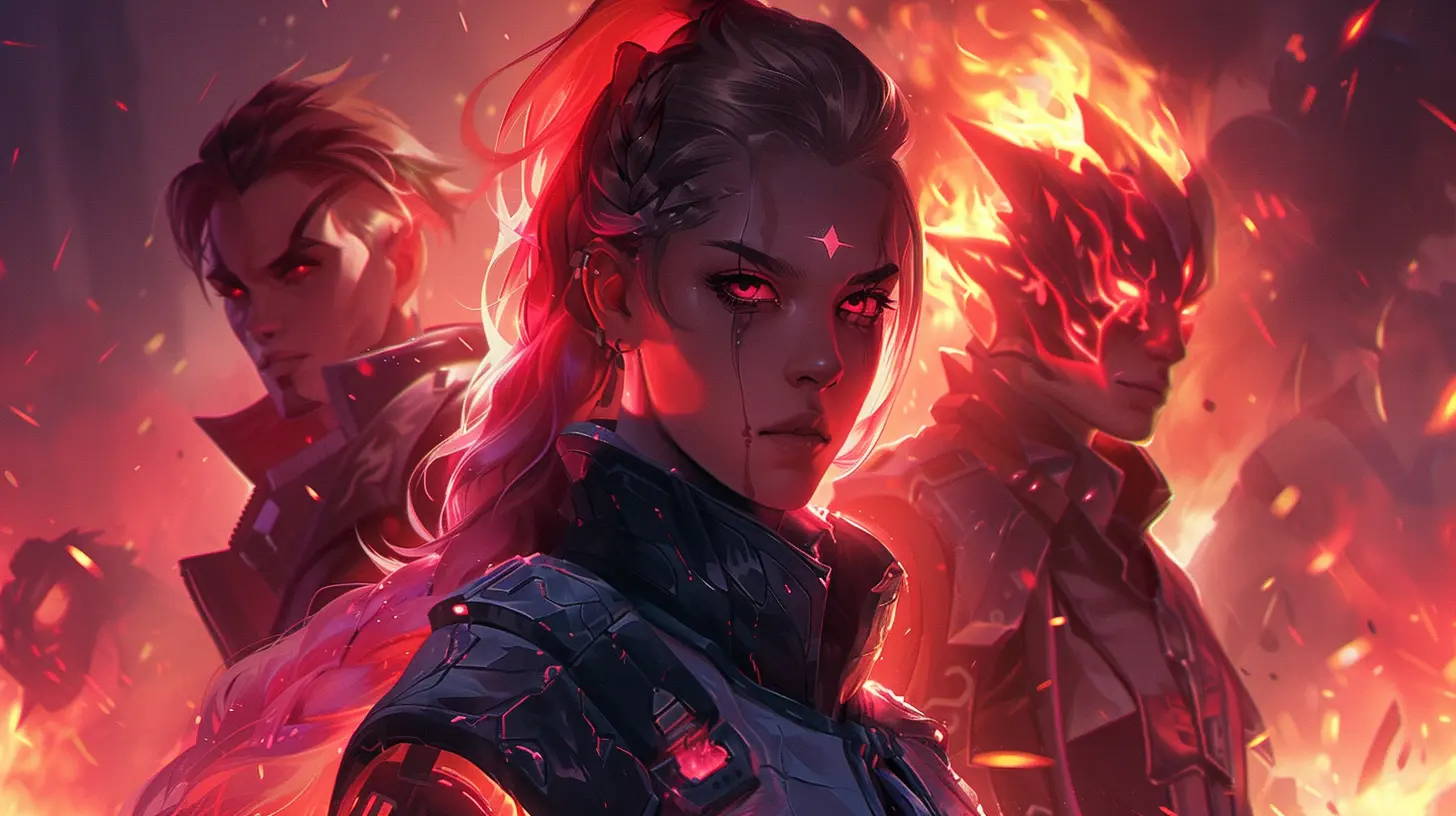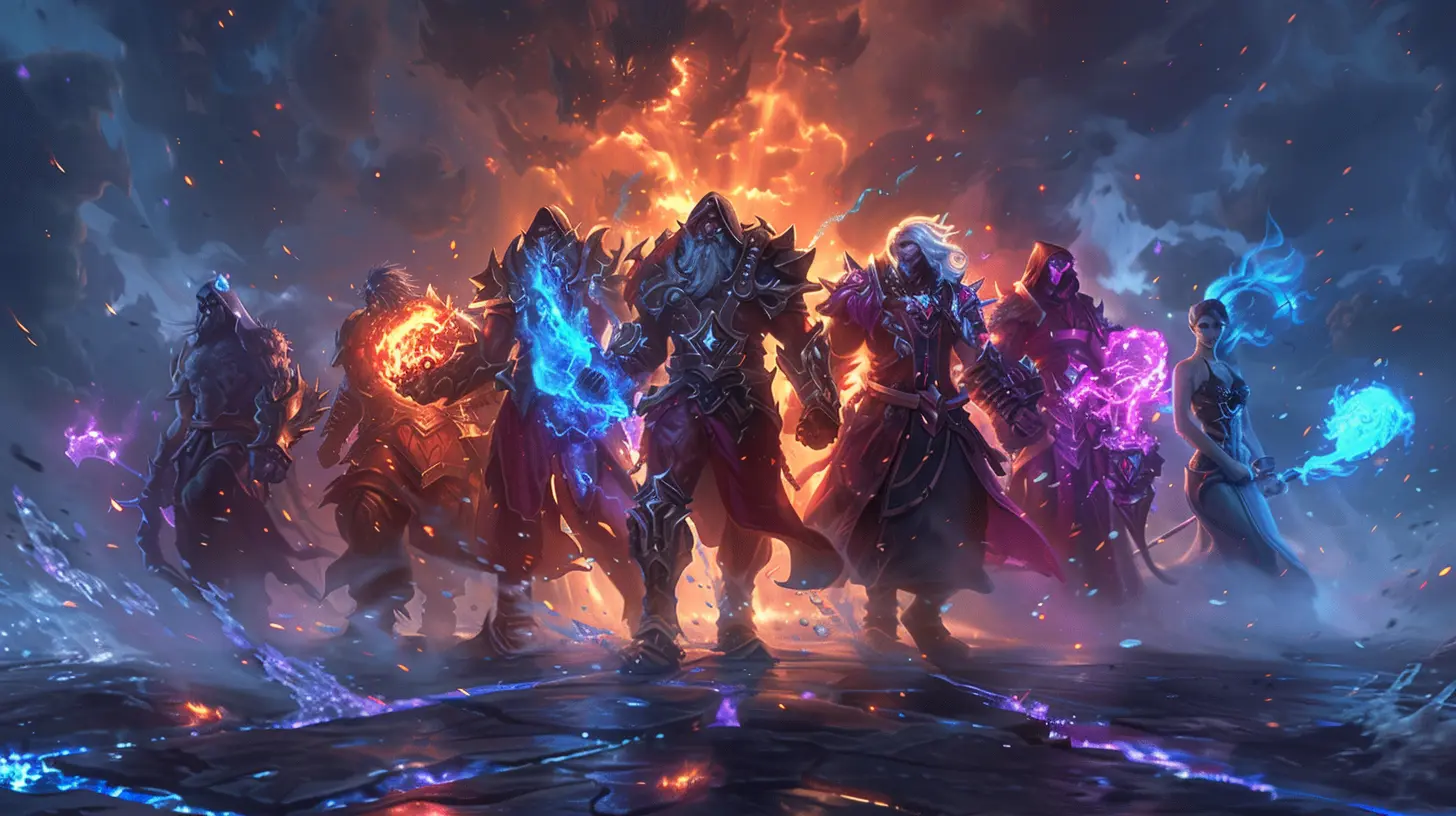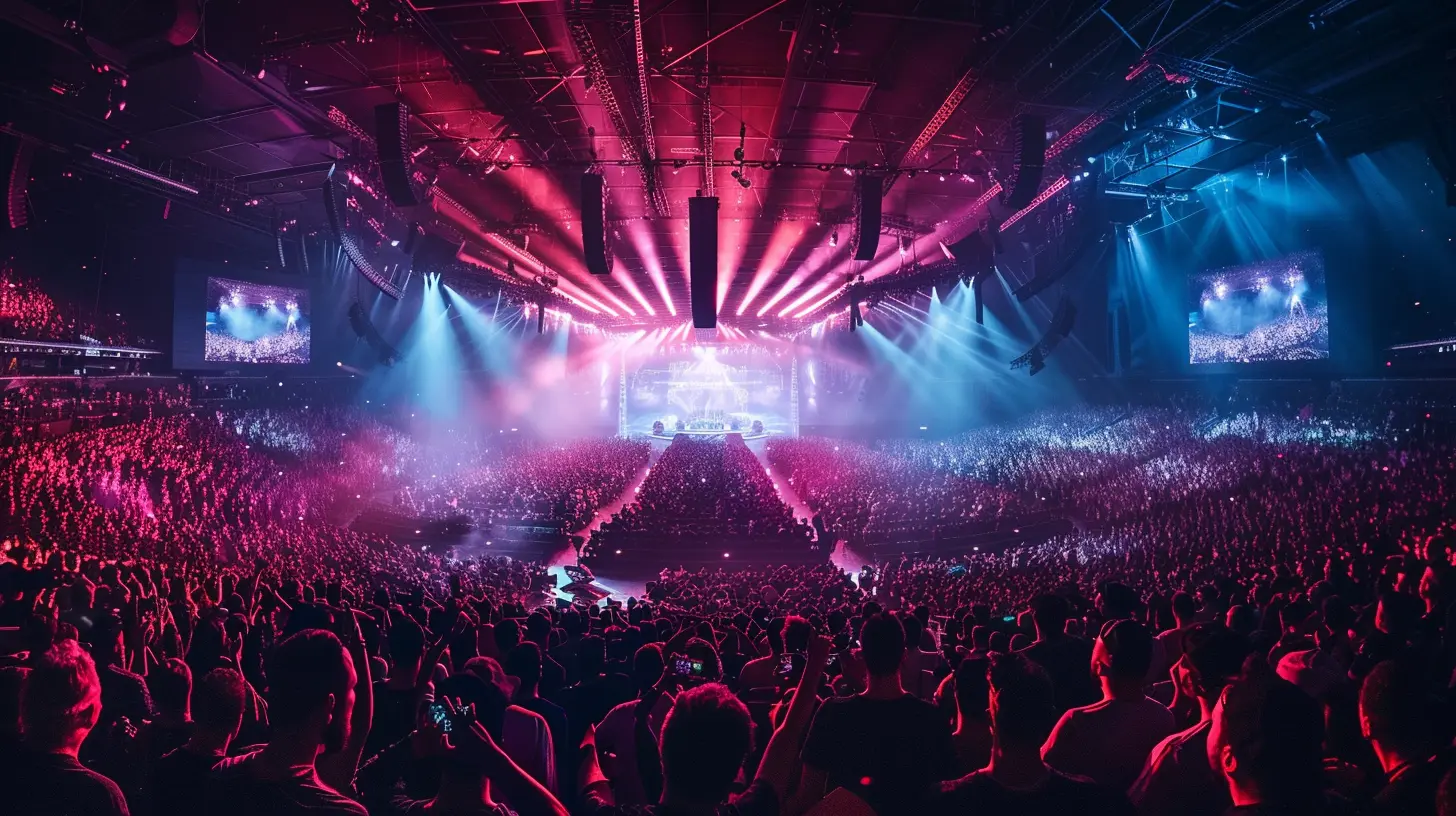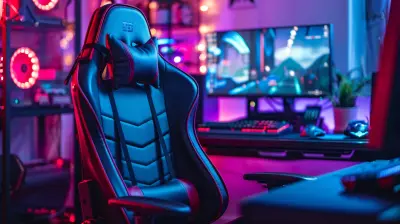The Mental Fortitude Required to Succeed in Esports Teams
22 June 2025
Esports might seem like fun and games (pun intended), but make no mistake — it’s a battleground, both in the digital space and in the mind. While many people see flashy tournaments, massive prize pools, and charismatic streamers living the dream, there's an often-overlooked side to competitive gaming: the rigorous mental challenges players face to thrive in esports teams.
If you’re thinking about breaking into the world of esports or simply fascinated by the whirlwind of gaming competition, let’s dive deep into the mental grit required to succeed in this crazy, fast-paced world. Buckle up; it's not as easy as pressing WASD or aiming for headshots! 
Why Mental Fortitude Matters in Esports
Picture this: you're in the final match of a championship, one round away from glory. The crowd is roaring, your heart is pounding, and the screen feels larger than life. What separates the legends from the "almost-made-its"? It’s not just mechanics or reaction time — it’s the strength of the mind.In esports, mental fortitude is as essential as skill. Competitions are relentless, teammates are demanding, and the pressure? Oh boy, it’s off the charts. Handling all of this, while performing at your peak, calls for a mental game that’s as sharp as your aim.
The Constant Pressure to Perform
Let’s get real here: esports players live under a microscope. Every click, every decision, and every mistake is analyzed — by coaches, teammates, fans, and often, their own harsh inner critic. One "bad game" can mean the difference between staying on the roster and hitting the bench.And the competition? It’s ridiculous. The rise of esports means there are thousands of hungry players waiting to snatch your spot the second you slip up. Can you handle that? Not everyone can. 
Building Mental Resilience: What It Takes
We’ve established that mental fortitude is crucial. But what does it actually take to develop it? Let’s break down the essentials:1. Adaptability: Rolling with the Punches
Esports, much like life, is unpredictable. Sometimes, the opponent pulls off an insane strategy you didn’t see coming, or a teammate disconnects mid-game. How do you respond? Do you panic and tilt, or do you adjust on the fly?Adaptability separates the great players from the good ones. It’s about staying mentally agile, thinking several steps ahead, and learning to thrive in chaos.
Pro tip: Treat every unexpected moment as a learning opportunity. If you're too rigid, you'll snap under pressure.
2. Sustaining Focus Under Fire
Esports matches can be long, grueling, and mentally draining. Players need to stay locked in for hours — a simple lapse in focus can cost the team everything. Imagine trying to land precision shots or strategize while you’re mentally exhausted.Top players train their brains to maintain focus for extended periods. It’s like working out a muscle — the more you do it, the stronger it becomes.
Quick exercise: Try mindfulness or meditation. It sounds cliché, but it works wonders for improving your ability to concentrate when it matters most.
3. Emotional Control: No Room for Tilting
We all know that one player who tilts the moment things don't go their way. They throw their hands in the air, yell at the monitor, and next thing you know, their gameplay spirals downhill.In esports, emotional control isn’t optional; it’s a survival skill. Losing? Stay calm. Teammate made a mistake? Let it slide. You’re playing for the long haul, and keeping a cool head can turn around even the roughest games.
Think of emotional control as the ability to "mute" your inner critic or frustrations and focus on the next move. A bad moment doesn’t define the entire match.
4. Team Dynamics: Thriving in High-Pressure Relationships
This one’s a biggie. Esports teams may seem all smiles in victory, but behind the scenes, relationships can be tricky. Spending hours, day in and day out, with the same group of people can wear anyone down. Add the pressure of competition, and tensions can flare faster than a rushed B-site push in CS:GO.Strong team players understand the importance of communication, picking each other up after setbacks, and minimizing conflicts. Without good synergy, even the most skilled players can crumble.
Tip: Treat your teammates like partners, not opponents. Talk things out, don’t let small misunderstandings blow up, and never underestimate the power of encouragement. 
The Role of Mental Coaching in Esports
Here’s a secret most casual gamers don’t know: top-tier esports teams invest heavily in sports psychologists and mental performance coaches. Why? Because mental fortitude isn’t always something players are born with; it’s something they develop through guidance and practice.These experts help players stay motivated, manage stress, and overcome mental roadblocks. They’re like the personal trainers of the mind, teaching skills that go beyond the game. 
Handling Burnout: The Silent Killer in Esports
Ah, burnout. The esports industry doesn’t talk about it enough, but it’s a real and dangerous challenge. Playing for hours and being under constant scrutiny often leads to physical and mental exhaustion. For some players, the passion that got them into gaming in the first place starts feeling like a chore.Recognizing the signs early is key. Are you losing interest? Feeling irritable? Struggling to focus? These are all red flags that you need a break. Remember, even the most powerful CPUs need cooldown periods, so don’t be afraid to pause and reset.
Building a Winning Mindset
Ever heard the phrase "mind over matter"? In esports, it’s more like "mind over mouse." To succeed, players need to cultivate a mindset that thrives on challenges, celebrates growth, and stays unshaken by setbacks.Tips for Building a Winning Mindset:
1. Set Small, Achievable Goals: Focus on improving one thing at a time, like map awareness or communication during matches.2. Celebrate Tiny Wins: Progress isn’t always about trophies; even small improvements count.
3. Reframe Failures: Lost a match? Use it as a stepping stone to analyze mistakes and come back stronger.
4. Stay Hungry: Never settle. Even the best players continue to sharpen their skills.
Final Thoughts
The life of an esports player might look glamorous on the outside, but underneath the surface lies a constant battle against self-doubt, pressure, and mental fatigue. Succeeding in an esports team requires more than raw skill — it demands resilience, focus, emotional stability, and a team-first mentality.For those brave enough to step into this arena, the rewards are worth it. There’s nothing quite like clutching a victory with your team by your side, knowing you conquered not just the enemy but your own mental hurdles.
So, if you’re eyeing the esports stage, remember: mastering the game is only half the journey. Mastering your mind? That’s what will make you unstoppable.
all images in this post were generated using AI tools
Category:
Esports TeamsAuthor:

Brianna Reyes
Discussion
rate this article
2 comments
Callisto Love
Great article! It’s inspiring to see the emphasis on mental strength in esports. Balancing skill with mental resilience is key to success—definitely something every gamer can relate to!
October 4, 2025 at 2:58 AM

Brianna Reyes
Thank you! I'm glad you found it inspiring. Mental resilience is indeed crucial for success in esports!
Reece McAleer
Mental fortitude in esports teams transcends skill; it’s the backbone of resilience and teamwork. Navigating high-pressure scenarios requires not just strategic thinking but also emotional intelligence. Players must cultivate trust and adaptability, enabling them to support one another through adversity, ultimately transforming challenges into opportunities for growth and success.
July 12, 2025 at 4:58 AM

Brianna Reyes
Absolutely! Mental fortitude is crucial in esports, as it fosters resilience, teamwork, and emotional intelligence, allowing players to turn challenges into growth opportunities.


